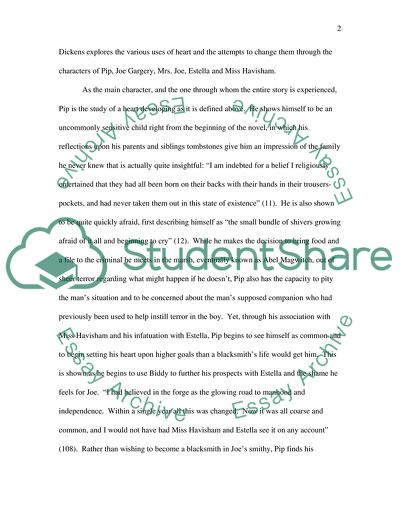Cite this document
(Great Expectations by Charles Dickens Literature review, n.d.)
Great Expectations by Charles Dickens Literature review. Retrieved from https://studentshare.org/literature/1705612-victorian-fiction-great-expectations
Great Expectations by Charles Dickens Literature review. Retrieved from https://studentshare.org/literature/1705612-victorian-fiction-great-expectations
(Great Expectations by Charles Dickens Literature Review)
Great Expectations by Charles Dickens Literature Review. https://studentshare.org/literature/1705612-victorian-fiction-great-expectations.
Great Expectations by Charles Dickens Literature Review. https://studentshare.org/literature/1705612-victorian-fiction-great-expectations.
“Great Expectations by Charles Dickens Literature Review”. https://studentshare.org/literature/1705612-victorian-fiction-great-expectations.


